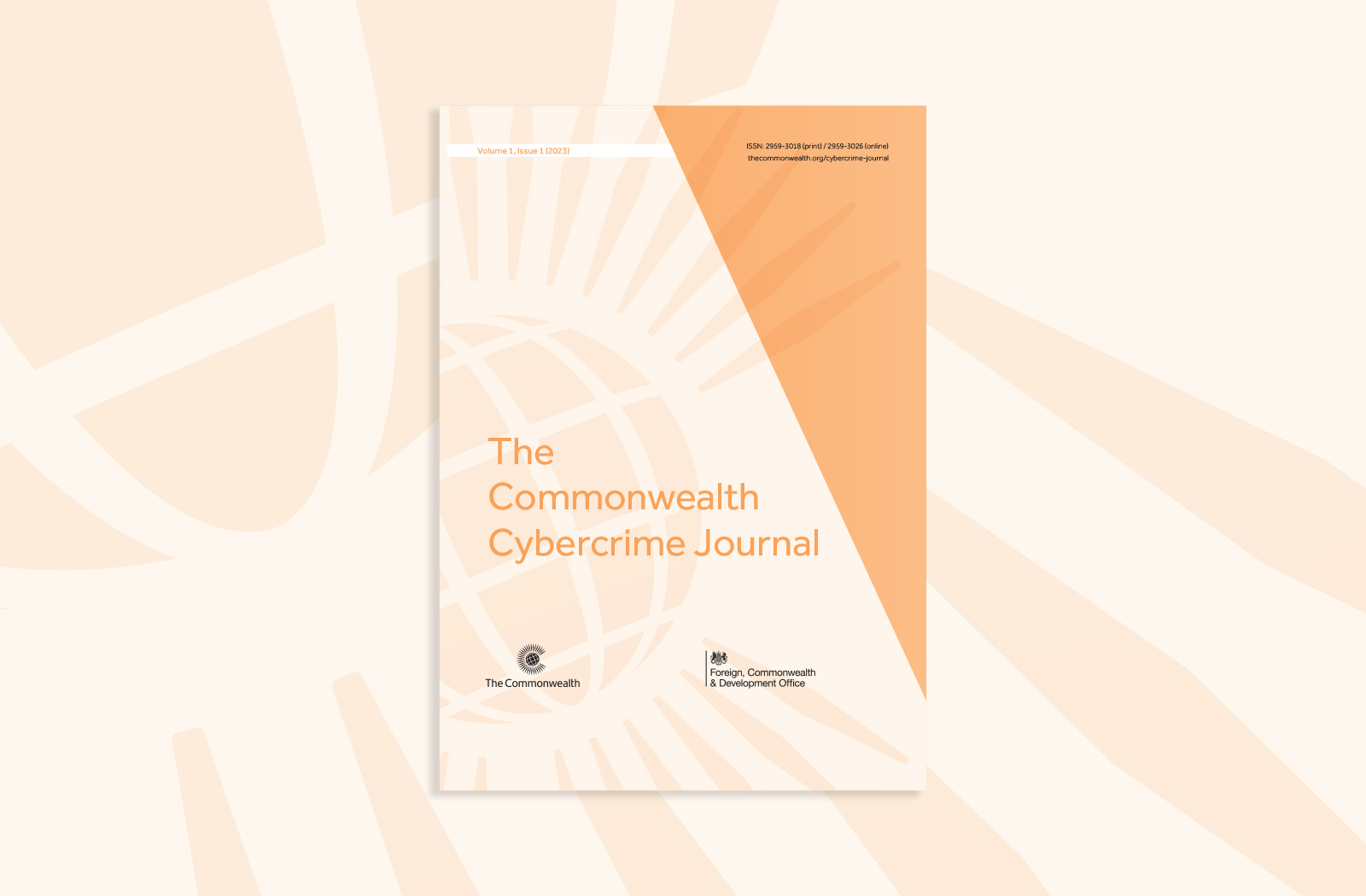
About the journalThe Commonwealth Cyber Journal (CCJ) is an annual journal published by the Commonwealth Secretariat that features peer-reviewed, policy-influencing articles and commentary by academics, policymakers, practitioners and experts on the benefits, challenges and risks of digital technologies. It seeks to analyse challenges and opportunities arising from different aspects of cybercrime, cyberlaw and cybersecurity, and to serve both as a toolkit and resource for practitioners, legislators, and academics cybercrime and as a decision support instrument for stakeholders (state/non-state actors) as they seek to strengthen their countries’ cyber legislation. The journal’s areas of focus include but are not limited to: state actors and cyber warfare; ransomware and phishing; proceeds of crime; terrorism, privacy and security of data; intellectual property; infringement and counterfeit; online harassment and cyberstalking; election cybersecurity; virtual courts and electronic evidence; cybersecurity and the economy; digital currencies; and child online safety. Articles published in the journal specifically focus on the Commonwealth region, and/or include case studies concerning one or more Commonwealth countries; similarly, article authors are typically drawn from Commonwealth countries. Call for papers: Volume 3, Issue 1The Commonwealth Secretariat seeks papers for the third volume of the Commonwealth Cyber Journal (CCJ). The CCJ features scholarly articles and commentary by academics, policymakers, practitioners, and experts on cyberspace issues, including types, impacts, and emerging trends in Commonwealth member countries and globally. It also addresses the challenges and opportunities for building effective legal, policy, institutional, and multilateral frameworks for anti-cybercrime and cyber security. Learn moreEditors-in-ChiefDr Nkechi Amobi [email protected] / [email protected] Editorial board members
Advisory board
|
